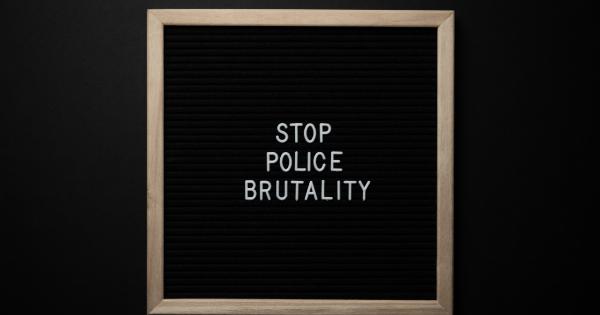False confessions are not a new phenomenon. Although it is difficult to estimate, researchers suggest that between 2.3% and 10% of all criminal cases involve a false confession.
What is a False Confession?
A false confession is when an innocent person confesses to a crime they did not commit.
Confessions carry a lot of weight in criminal trials, so a false confession can result in a wrongful conviction, which is when someone is found guilty of a crime they did not commit.
Types of False Confessions
There are three types of false confessions:.
Voluntary False Confessions
In a voluntary false confession, the individual confesses to a crime without any prompting from authorities or law enforcement. There can be many reasons for this, including a desire for attention, a need for punishment or a mental illness.
Coerced-Compliant False Confessions
In a coerced-compliant false confession, the individual confesses to a crime to escape a stressful or abusive situation. This can happen when individuals are repeatedly interrogated by law enforcement or when they are mentally or physically exhausted.
Coerced-Internalized False Confessions
Coerced-internalized false confessions occur when the individual is so relentlessly interrogated that they begin to believe they committed the crime even though they did not.
In some cases, the individual may begin to question their own memory or recollection of events leading to a false confession.
Why Do People Make False Confessions?
The reasons why people falsely confess to crimes they did not commit can vary and are often complex. Here are a few examples:.
Psychological Coercion
One of the main reasons people make false confessions is due to psychological coercion. This happens when someone is subject to intense and prolonged interrogation for hours or days on end.
During this time, the individual is often isolated, sleep-deprived, and subject to psychological manipulation by law enforcement, which can result in a false confession.
Desire for Punishment
Another reason that people falsely confess is due to a desire for punishment. In some cases, the individual may feel guilty or responsible for a crime, even though they did not commit it.
This can lead them to falsely confess to the crime in order to seek punishment or closure.
Mental Illness
There are cases where individuals with mental illness have falsely confessed to crimes. In some cases, this may be the result of delusional thinking or hallucinations.
The individual may believe that they are guilty of a crime even though they did not commit it.
External Pressures
There can be many external pressures that lead to false confessions. These can include pressure from family members or friends who may have a vested interest in the outcome of a trial.
In some cases, economic or employment pressures may also play a role in leading someone to make a false confession.
Fear of Consequences
Another reason that people may make false confessions is due to a fear of consequences. This can include the fear of being fired from a job, losing custody of their children, or even losing their freedom.
In some cases, the individual may feel that the consequences of not confessing are worse than the consequences of falsely confessing.
The Impact of False Confessions
False confessions can have a significant impact on the criminal justice system. When an innocent person is falsely convicted, they may spend years incarcerated for a crime they did not commit.
This can result in lost income, loss of reputation, and severe emotional trauma.
False confessions can also have an impact on public perception of the criminal justice system. If the public perceives that innocent people are regularly convicted, it can erode trust in the system at large.
Preventing False Confessions
There are several steps that can be taken to prevent false confessions from happening. These include:.
Recording Interrogations
One of the most effective ways to prevent false confessions is to ensure that all interrogations are recorded. This can help to prevent law enforcement from using unethical or coercive methods to extract confessions.
Limiting Interrogation Time
Limiting the amount of time that an individual can be interrogated can also help to prevent false confessions from happening. Allowing individuals access to an attorney during questioning can also help to protect against psychological coercion.
Better Training for Law Enforcement
Training for law enforcement can also play a role in preventing false confessions. This should include training on how to recognize and avoid using coercive methods during interrogations.
Conclusion
False confessions continue to be a problem in the criminal justice system. While the reasons why people falsely confess can be complex, there are steps that can be taken to prevent them from happening.
By working to prevent false confessions, the criminal justice system can better ensure that justice is served for all.






























